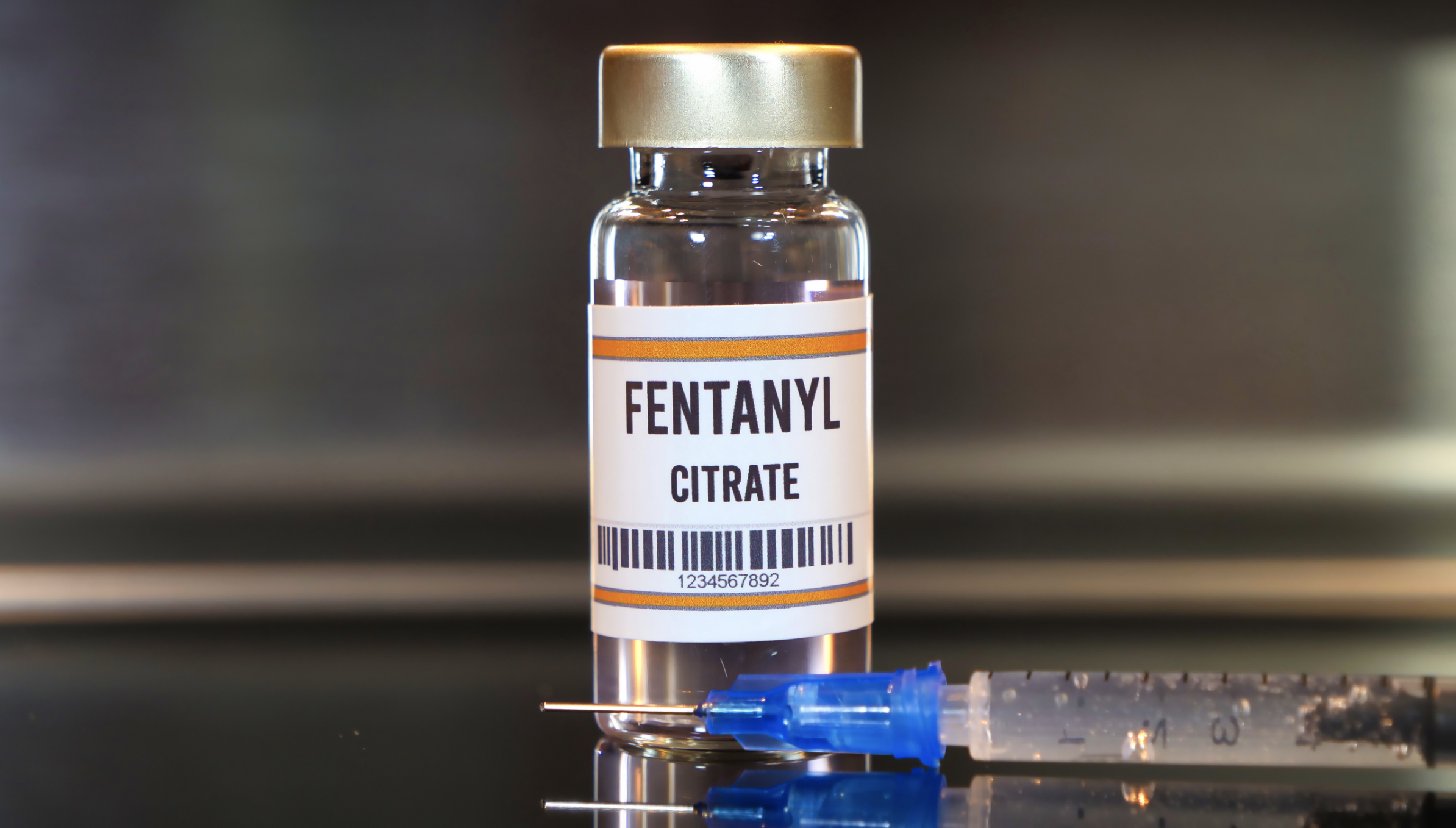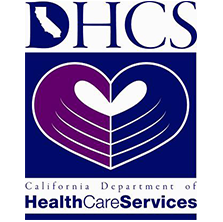There are many harmful substances and drugs that you can become addicted to, and currently, opioids are one of the deadliest. Addiction to fentanyl or any other opioids is cause for real concern. According to a National Safety Council report, it is more likely that people in the U.S. die from an opioid overdose than from a fall, a car accident, or a fire. Fortunately, it is possible to treat an addiction to opioids, and despite the negative health implications, you can make a full recovery.
What Is Fentanyl?
Fentanyl is an extremely fast-acting, synthetic opioid that many pharmaceutical companies make into a pain medication. As with other opioids, fentanyl attaches itself to parts of the brain that control emotion and pain. Taking fentanyl can produce extreme feelings of euphoria, pain relief, and relaxation to the point where you can become addicted after one use. Other side effects of fentanyl include confusion, nausea, dizziness, slowed breathing, vomiting, and decreased blood pressure.
Fentanyl is one of the strongest opioids to exist – it is reported to be up to 100 times more powerful than morphine, and even the smallest amount can be deadly. Many reported deaths of overdoses come from fentanyl-laced drugs. This is because the drug that you are consuming may have a lower potency, therefore allowing you to take more of it without the risk of overdose. When a drug is laced with fentanyl, the amount of fentanyl you may be consuming with your normal intake of the other drug can easily lead to an overdose. Fentanyl is simply way more potent than many other opioids, and is currently known as one of the deadliest and most dangerous drugs.
According to the Drug Enforcement Administration, only two milligrams of fentanyl, which is the size of about five grains of salt, is lethal for most people.
Signs of a Fentanyl Addiction
Similar to other opioids, fentanyl is an extremely addictive substance. When you develop an addiction to fentanyl, your brain becomes dependent on the drug to feel sensations of pleasure.
Some of the most common signs of a fentanyl addiction includes not being able to control or decrease use of the drug, experiencing intense cravings, taking the drug in larger amounts with each use, spending significant amounts of time and money obtaining the drug, pulling away from obligations and responsibilities, no longer participating in meaningful social, recreational or occupational activities, continuing to use the drug even though you understand the harmful effects its having on your mind and body, exhibiting a higher tolerance to opioids, and experiencing symptoms of withdrawal when trying to stop taking the drug.
Fentanyl addiction can lead to severe medical and health complications or a fatal overdose. As one of the deadliest drugs to exist, playing around this drug tends to be extremely problematic and life threatening. If you or a loved one is experiencing an addiction to fentanyl, it is important to seek professional health immediately before it is too late.
Why Fentanyl Recovery at a Professional Facility Is Important
Fentanyl is the cause of over 36,000 overdose deaths in 2019. An addiction to an opioid this powerful can be extremely deadly, and attempting to recover on your own can be extremely difficult and life threatening. Recovering from an opioid addiction requires detoxification, which means that you must stop taking the drug for extended periods to rid your body of the toxins that have built up as a result of overuse.
It is extremely important to detox under 24-hour medical supervision to ensure that your withdrawal symptoms do not become life threatening. Detoxing under medical care also allows a staff of professionals to try and help mitigate your symptoms so you feel less pain as you recover.
For more than 27 years, Safe Harbor has been helping addicts recover from substance use disorders and underlying issues that lead to addiction. Come visit our facility to recover from your addiction and to restore your spiritual well being today.




